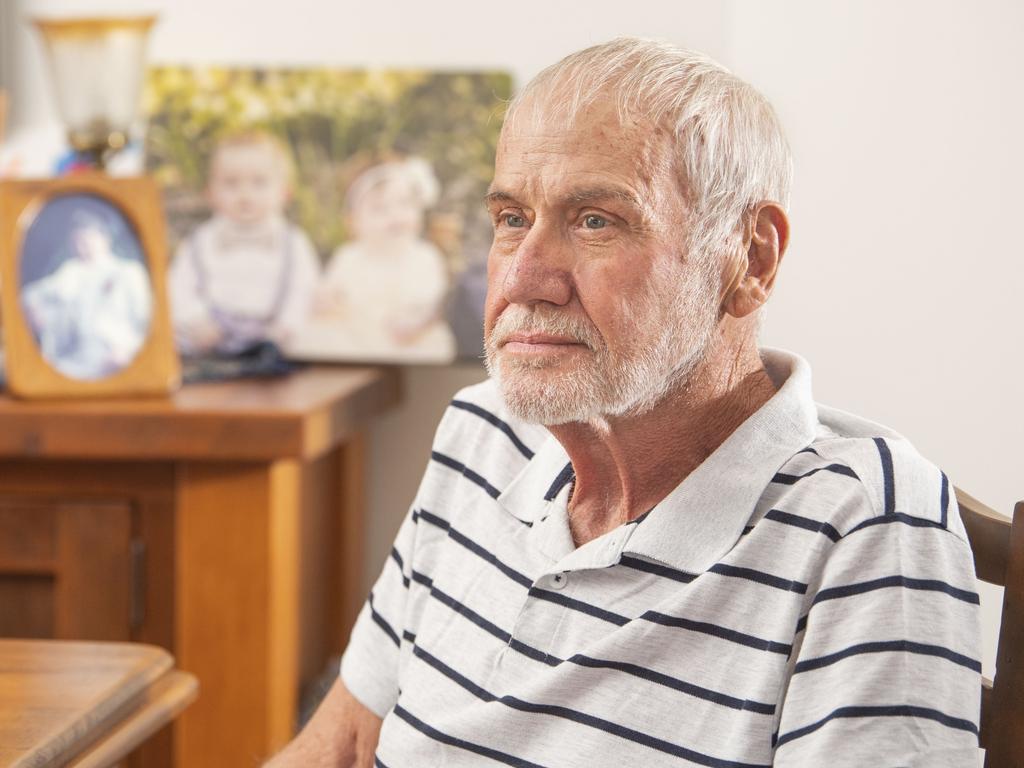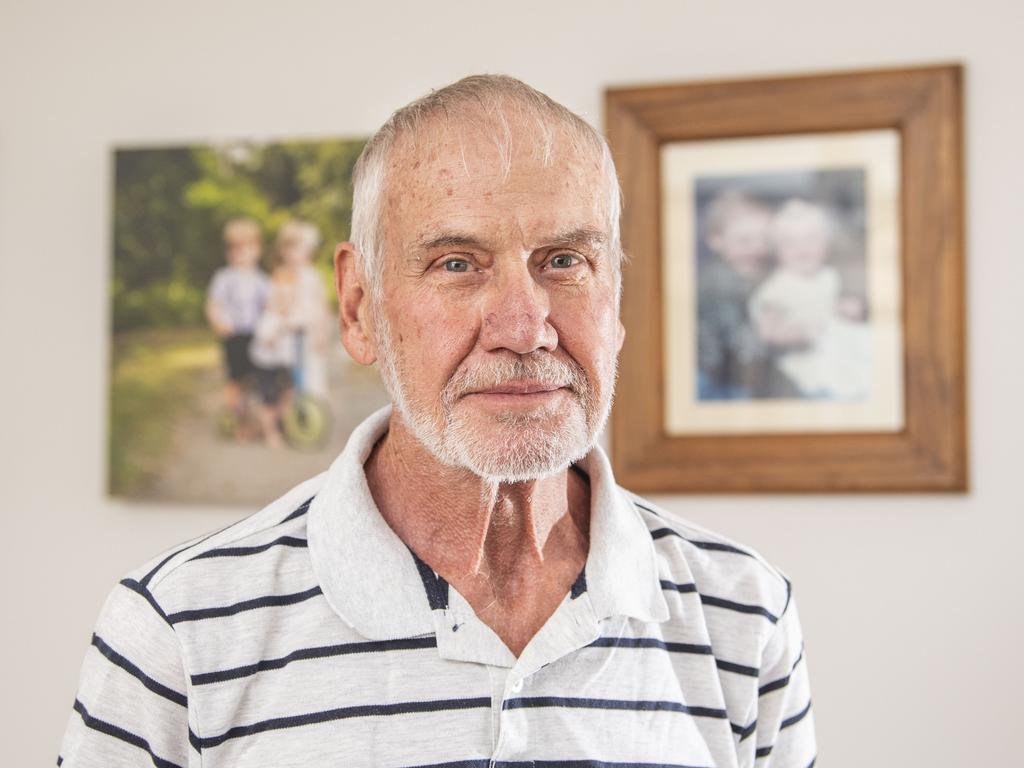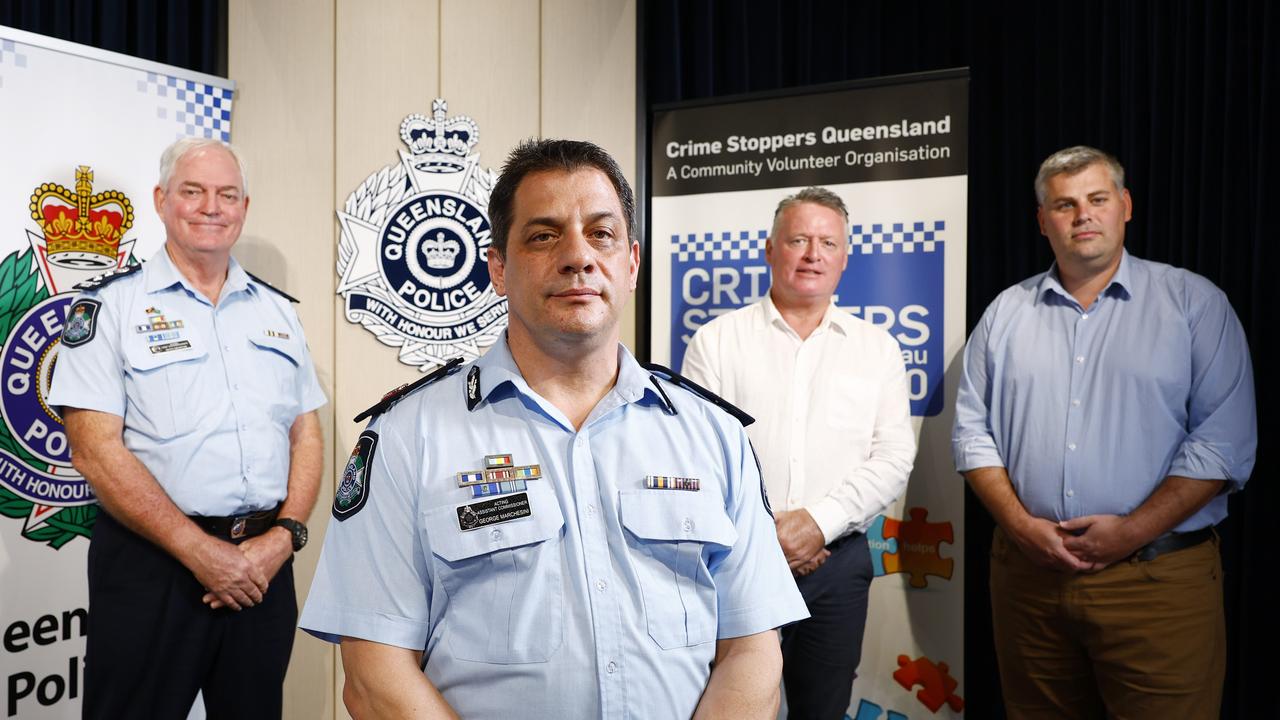Retired Toowoomba magistrate Alan Yorkston says education key to youth crime reform
A former Toowoomba magistrate who spent more than two decades on the bench has shared how he believes the state could tackle youth crime problem, including education and detention.
Community News
Don't miss out on the headlines from Community News. Followed categories will be added to My News.
A retired magistrate who for many years sat on the bench in Toowoomba and dealt with hundreds of juvenile offenders believes there are a few options to address the rise in juvenile crime – but one area in particular is key.
Alan Yorkston for 25 years was a highly respected magistrate and astute judge of offenders, adult and juvenile.
In the 20 years since his retirement from the bench, Mr Yorkston has worked even more closely with young people, particularly young troubled people, through mentoring programs with the PCYC and Toowoomba’s Flexi School.

He would like to see changes to help young troubled people, but the most important aspect to reform was education.
“The key to it all, in my opinion, is education,” Mr Yorkston said.
“Now, does that mean formal education has a part to play, I think these days yes it does, I think they have to have some type of program at school when they start Prep.”
Mr Yorkston said there was a time for putting children into custody, if only temporarily.
“When you think about detention for children, there’s only one real good thing that comes out of it in my mind and that is it gives the community some respite from the offending patterns,” he said.
“Now it may teach the kids further tricks that they can use in their offending behaviour when they get back out and make them worse, I appreciate that, but the community does get that respite with detention.
“Regardless of what people think of judges and magistrates, no one wants to lock people up and I certainly didn’t all the years I was on the bench.
“You get no pleasure out of that.
“But I do believe what they should be doing is bringing back the likes of Boys Town, the likes of Westbrook, the reform schools that they had.
“There were obligations on the kids that they had to go and get lessons in education and they had certain responsibilities and certain jobs they had to do and fulfil and that was teaching children, wayward children, a bit of personal responsibility, I believe.”

Mr Yorkston said he believed in detention, but in a modified form where the child offender was taken out of society for a time and given chores to do to lift their self worth and to get that all important education.
“I see this through the flexi school we have here, that a lot of kids have a lot of problems with education, and 90 per cent of them will tell you it’s bullying at school but it could be bullying at home,” he said.
“A lot of these kids at flexi school are just normal kids who are looking for help, it’s their cry for help, and they get it there because the school is run more like a family.
“The key to the whole thing is that the only way to stop it (juvenile crime) is to start educating these kids and the only way you can do that is to educate some of the parents as well.
“Because if the parents don’t know enough about showing respect for other people and other people’s property then they can’t pass it on to the kids.”

Mr Yorkston said it was imperative that parents of children charged with a crime must be in court when their child was being sentenced but that is not always the case.
“I think one of the quick fixes for the problem with juvenile crime is that parents or guardians must be present in court when the child is being sentenced,” he said.
“Because they can hear the facts from one side and they can hear the child’s version on the other and then they can make up their own minds and maybe, just maybe, the parents might take a hand in trying to help these kids out.”
Mr Yorkston also blamed drugs for fuelling more and more crime and juvenile crime.
“Drugs of course are the biggest problem, the readiness of drugs is the biggest problem,” he said.
“The number of offences didn’t increase (with drugs) but what did increase was the level of violence, they became more and more violent.”
“The ingestion of either alcohol or drugs and the easing of the censorship laws where they can get a lot of very violent stuff to watch on TV but more so these video games that are out now.
“Now that’s got to play something with the mind particularly if it’s an older child who has ingested some sort of drug.”








